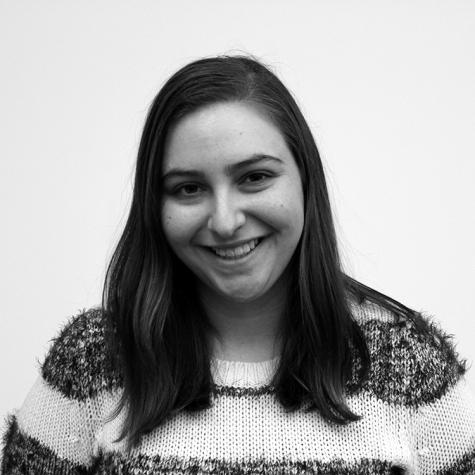Emily Bell, Gallatin, Narratives of Peace and Conflict
During Welcome Week, I found myself telling people where I was from just as much as what dorm I was occupying and what school I was in.
Before I moved to New York to attend NYU, I lived in the same neighborhood my entire life. Though I traveled with my family, I considered myself rooted in Midwestern regionalism.
Four years later, I am still frequently asked where I am from, especially when I’ve studied and traveled abroad. Though I still have a strong affinity for St. Louis barbecue and Cardinals baseball, I’ve been “from” St. Louis, “from” Eastern European Jewish descent and “from” New York. I find it gradually more difficult to answer this question, in part because I’ve discovered that many New Yorkers are occupying an adopted city, and in part because I don’t know what makes someone a New Yorker in the first place.
At what point could I call myself a New Yorker? And more intrinsically, did I want to call myself one? Maybe the problem was not with my inability to answer the question of where I’m from, but with the question itself.
There is a TED talk called “Don’t ask where I’m from, ask where I’m a local,” given by Taiye Selasi. In it, she proposes that instead of reducing identity to a singular point of origin, a discussion of locality is preferred. Acknowledging that identity is a collection of experiences, she advocates for a discussion of “rituals, relationships and restrictions” that inform one’s identity, such that it is possible to be a local of many places simultaneously and in different ways.
Inspired by this talk, I’ve recently started to reframe my identity as an amalgamation of experiences in order to reconcile with these questions.
As graduation approaches, that question of “where are you from” has evolved into “where is home?”
New York is the home I’ve chosen for myself at this point in time. However, home has also been a suburban red brick house, a house in Accra and a hotel-turned-dorm room in Prague. Sometimes, home has been my backpack. Though some of these may be my home again, I will always be a local of these places, as my experiences, traditions and friendships tie me to them.
Part of being a local of New York is the very good days and the very bad days, all rooted in the lived urban experience. It is leaning into the wind tunnel that is lower Manhattan and decisively choosing to push ahead. While I love being a local of New York, reminding myself that I am a “multi-local,” in the words of Selasi, allows me to ground myself in the joyful chaos of this city.
As students at NYU, a university that purports to be “in and of the city,” it is important to embrace being in the city just as much as being at the university. Sometimes this city, and this university, will be a competitive, capitalistic maniacal beast that will hand you lessons about failure, stress and sleep deprivation. But sometimes this city, this university, and the people you meet will be a welcoming, freeing inspiring friend that will give you a shoulder to lean on and hope for tomorrow.
Let your experiences inform your present, and give you clues about your future. Don’t be afraid to be a local of a new place, or a local of a previous one. And always remember that the next adventure is just around the corner.

Emily Bell is excited to serve as blogs editor this semester! Previously a managing editor, Emily is a junior in Gallatin concentrating in "Peace and Conflict:...










































































































































